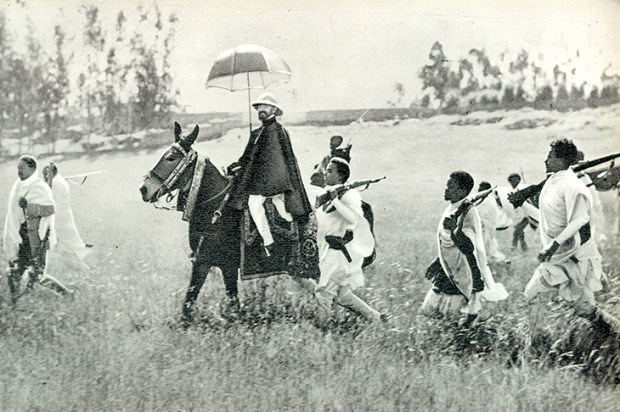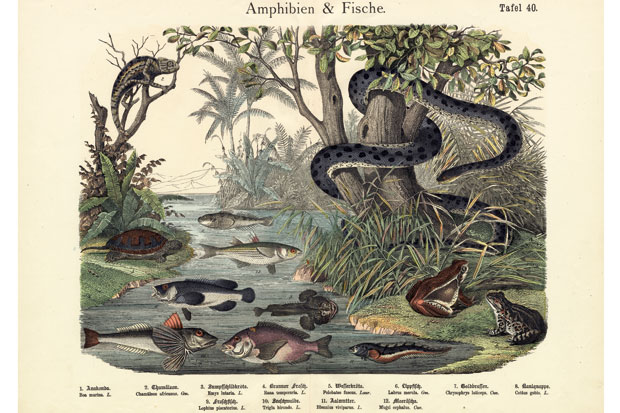Geoffrey Parker is a product of Nottingham and Christ’s College Cambridge, and I think was once a pupil of the unforgettable Jack Plumb. He went to Urbana-Champaign (Illinois) in 1986, Yale in 1995 and since 1997 has been at Ohio State University. Against that improbable background he established himself years ago as the world’s outstanding historian of Philip II, his court, his problems and tragedies, having devoted much attention to the Dutch revolt.
His masterly biography of King Philip appeared first in 1978. Now, after publishing several authorative revisions, he has written a new biography of the same monarch. The book is justified by the discovery of several thousand invaluable original papers relating to the king in the personal collection of the railway magnate Archer Huntingdon, in the Hispanic Society of America, which he founded in Upper New York City. Huntingdon was a great Maecenas and his work as such has now been shown by Parker, and some colleagues, as extending far beyond his death.
Imprudent King is readable and broadminded, as well as being scholarly. It presents a sympathetic picture of a man who often seemed bowed low by the weight of his responsibilities. Philip was bad at making up his mind, and could be vindictive as well as considerate, ruthless as well as thoughtful. His letters to his daughters are touching in their directness and charm.
Parker has given us a really magnificent biography, whose documentation is impeccable while never heavy. All students of the late 16th century will be grateful for his new account of the Armada of 1588 and its tribulations, the extraordinary story of the murder of Don John of Austria’s secretary Juan de Escobedo in Madrid through the machinations of Antonio Pérez, and the sad tale of Don Carlos, which neither Schiller nor Verdi would recognise.
The crisis in Aragon in 1591 is also deftly chronicled. We are always kept interested in the author’s realisation that whenever anything went wrong the king could — and would — blame God for having wished the matter to have turned out otherwise. (‘His unswerving piety repeatedly led him to see failure, or even outright defeat merely as a sign that God was testing him’).
I think Parker may be wrong in his judgment that Eufrasia de Guzmán was not Philip’s mistress in the 1550s, and may have underestimated the importance of Titian in the evolution of the King’s aesthetic judgments. Sheila Hale was able to point out this side of Philip in her own recent great biography of the painter.
There is also not quite enough about the American empire, which was, as Parker says in his last pages, his greatest achievement and whose wealth did so much to finance Philip’s exploits in Europe. No matter; this book is a masterpiece of historical biography and anyone who reads it will be enriched by it.
Murillo painted an instructive picture (among the many brilliant illustrations reproduced in Parker’s work) of a Franciscan friar in the village of Paracuellos de Járama observing the soul of Philip ascending from Purgatory to paradise. Those who write of the brutal events at Paracuellos in another more tragic stage of Spanish history can imagine the victims of November 1936 similarly ascending.
Got something to add? Join the discussion and comment below.
Get 10 issues for just $10
Subscribe to The Spectator Australia today for the next 10 magazine issues, plus full online access, for just $10.
Available from the Spectator Bookshop, £20 Tel: 08430 600033.
Hugh Thomas is the author of The Golden Age: The Spanish Empire of Charles V.
You might disagree with half of it, but you’ll enjoy reading all of it. Try your first month for free, then just $2 a week for the remainder of your first year.














Comments
Don't miss out
Join the conversation with other Spectator Australia readers. Subscribe to leave a comment.
SUBSCRIBEAlready a subscriber? Log in